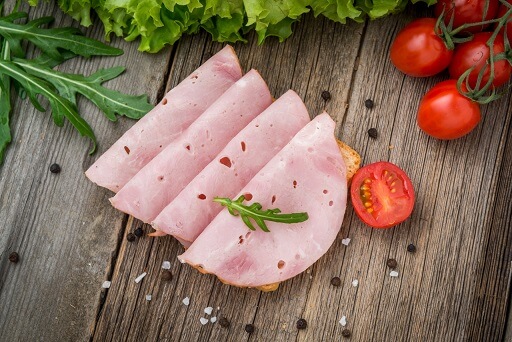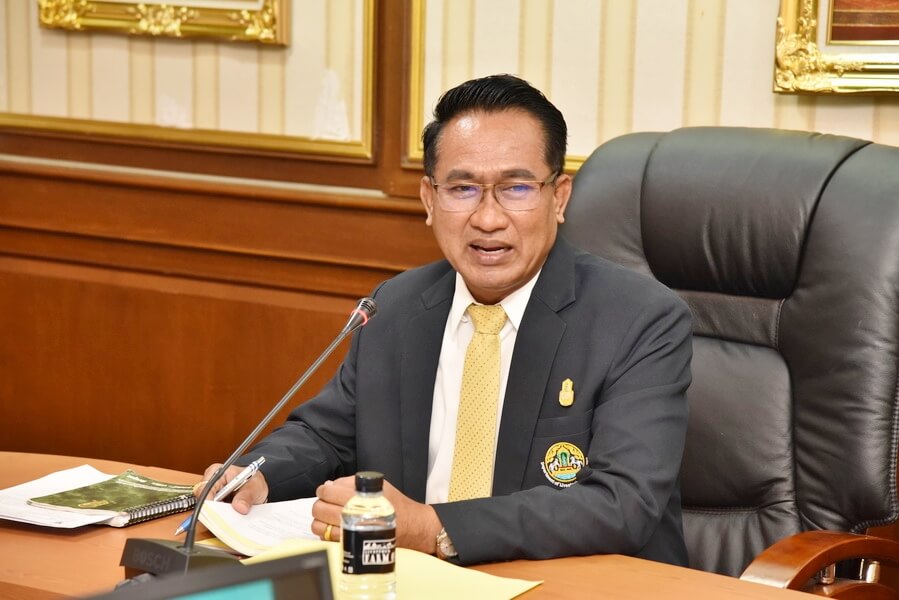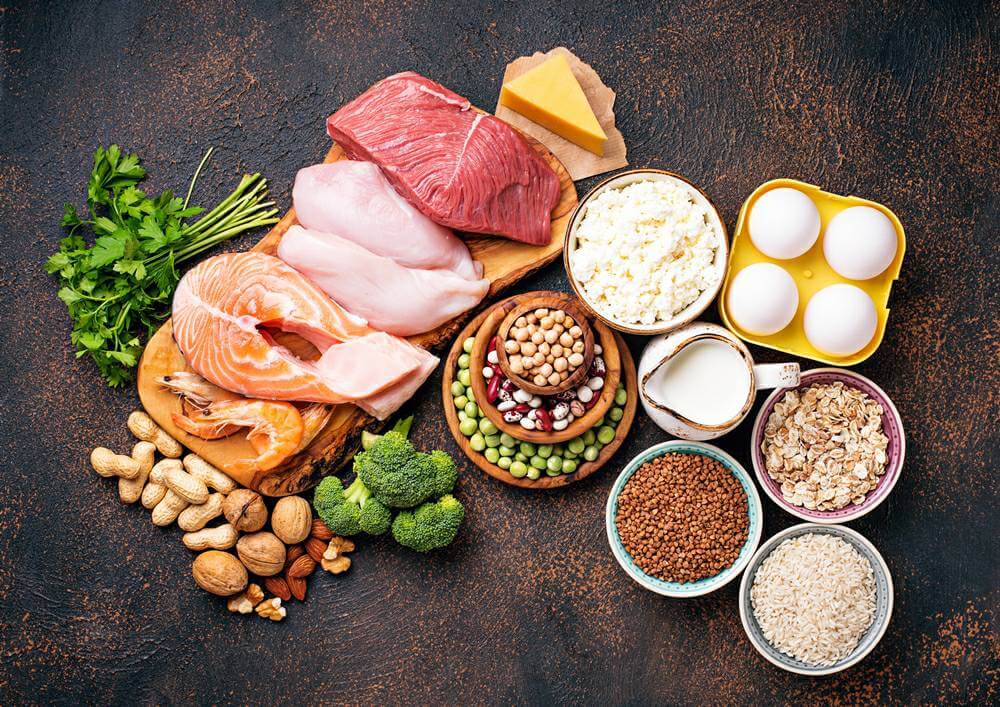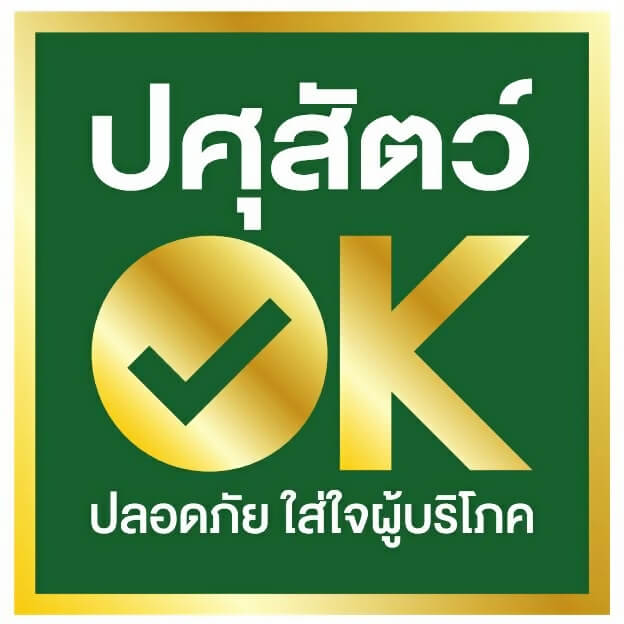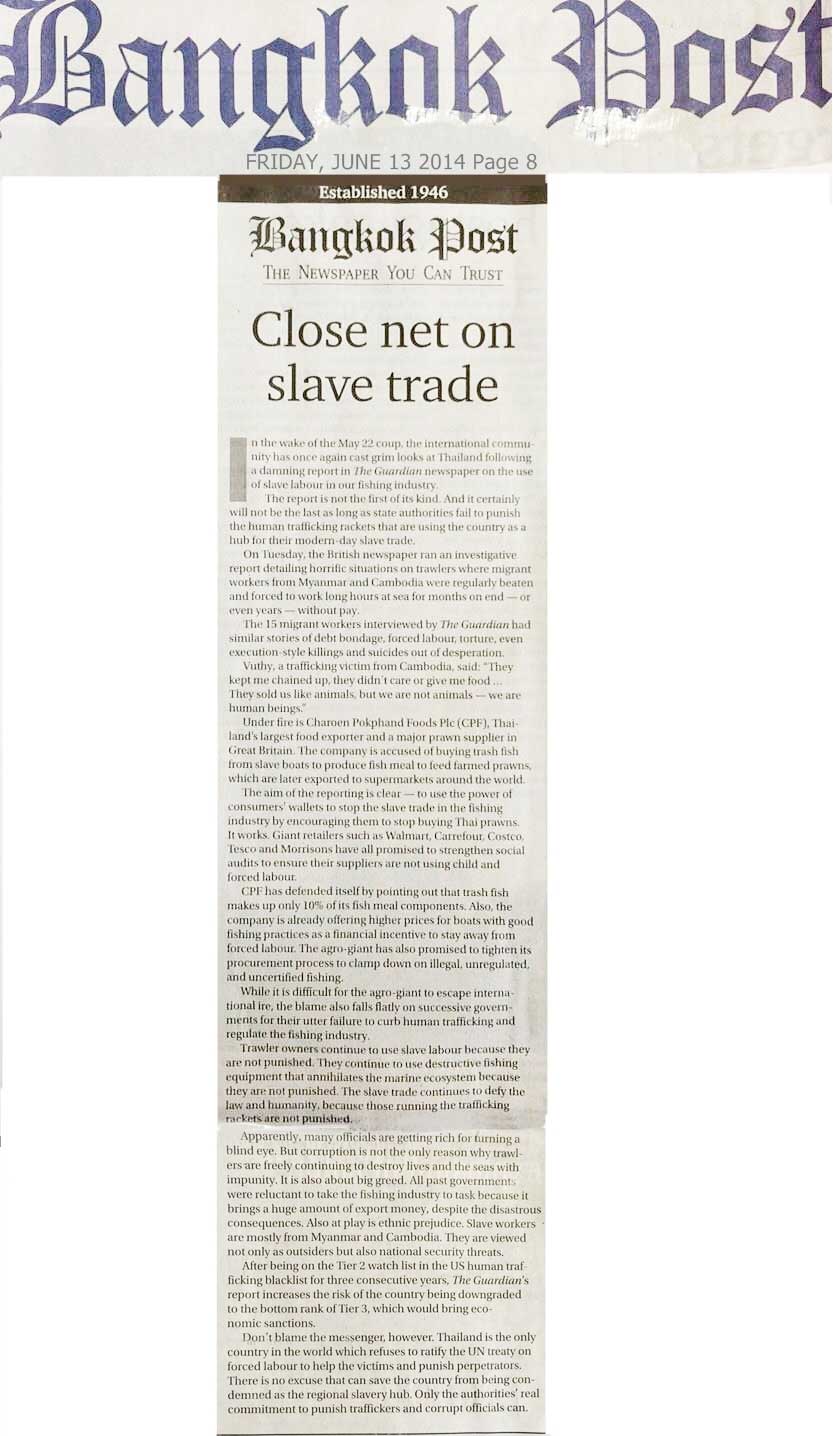

Close net on slave trade
In the wake of the May 22 coup, the international community has once again cast grim looks at Thailand following a damning report in The Guardian newspaper on the use of slave labour in our fishing industry.
The report is not the first of its kind. And it certainly will not be the last as long as state authorities fail to punish the human trafficking rackets that are using the country as a hub for their modern-day slave trade.
On Tuesday, the British newspaper ran an investigative report detailing horrific situations on trawlers where migrant workers from Myanmar and Cambodia were regularly beaten and forced to work long hours at sea for months on end - or even years - without pay.
The 15 migrant workers interviewed by The Guardian had similar stories of debt bondage, forced labour, torture, even execution-style killings and suicides out of desperation.
Vuthy, a trafficking victim from Cambodia, said: "They kept me chained up, they didn't care or give me food . They sold us like animals, but we are not animals - we are human beings."
Under fire is Charoen Pokphand Foods Plc (CPF), Thailand's largest food exporter and a major prawn supplier in Great Britain. The company is accused of buying trash fish from slave boats to produce fish meal to feed farmed prawns, which are later exported to supermarkets around the world.
The aim of the reporting is clear - to use the power of consumers' wallets to stop the slave trade in the fishing industry by encouraging them to stop buying Thai prawns. It works. Giant retailers such as Walmart, Carrefour, Costco, Tesco and Morrisons have all promised to strengthen social audits to ensure their suppliers are not using child and forced labour.
CPF has defended itself by pointing out that trash fish makes up only 10% of its fish meal components. Also, the company is already offering higher prices for boats with good fishing practices as a financial incentive to stay away from forced labour. The agro-giant has also promised to tighten its procurement process to clamp down on illegal, unregulated, and uncertified fishing.
While it is difficult for the agro-giant to escape international ire, the blame also falls flatly on successive governments for their utter failure to curb human trafficking and regulate the fishing industry.
Trawler owners continue to use slave labour because they are not punished. They continue to use destructive fishing equipment that annihilates the marine ecosystem because they are not punished. The slave trade continues to defy the law and humanity, because those running the trafficking rackets are not punished.
Apparently, many officials are getting rich for turning a blind eye. But corruption is not the only reason why trawlers are freely continuing to destroy lives and the seas with impunity. It is also about big greed. All past governments were reluctant to take the fishing industry to task because it brings a huge amount of export money, despite the disastrous consequences. Also at play is ethnic prejudice. Slave workers are mostly from Myanmar and Cambodia. They are viewed not only as outsiders but also national security threats.
After being on the Tier 2 watch list in the US human trafficking blacklist for three consecutive years, The Guardian 's report increases the risk of the country being downgraded to the bottom rank of Tier 3, which would bring economic sanctions.
Don't blame the messenger, however. Thailand is the only country in the world which refuses to ratify the UN treaty on forced labour to help the victims and punish perpetrators. There is no excuse that can save the country from being condemned as the regional slavery hub. Only the authorities' real commitment to punish traffickers and corrupt officials can.
Source : BANGKOK POST






